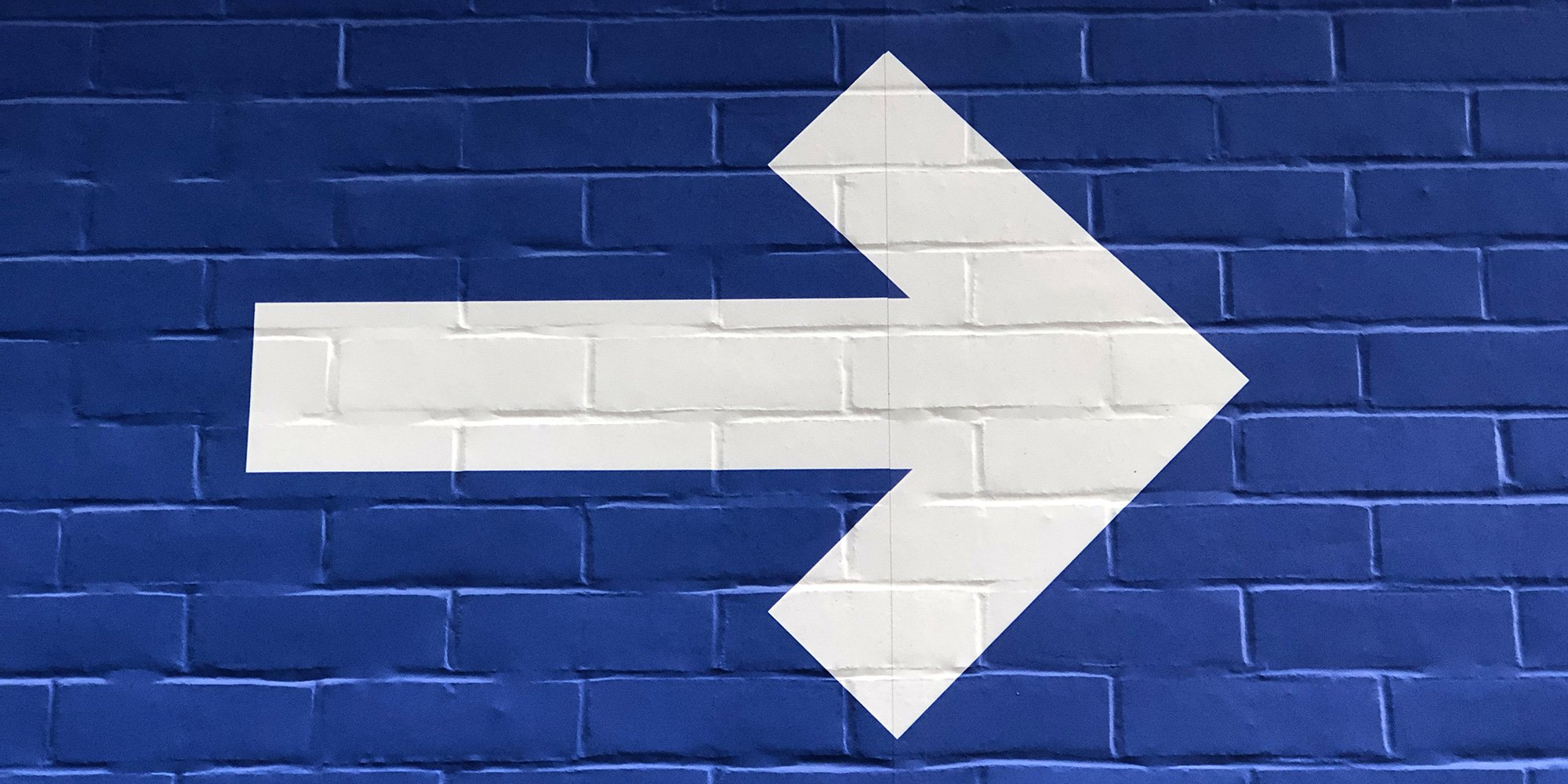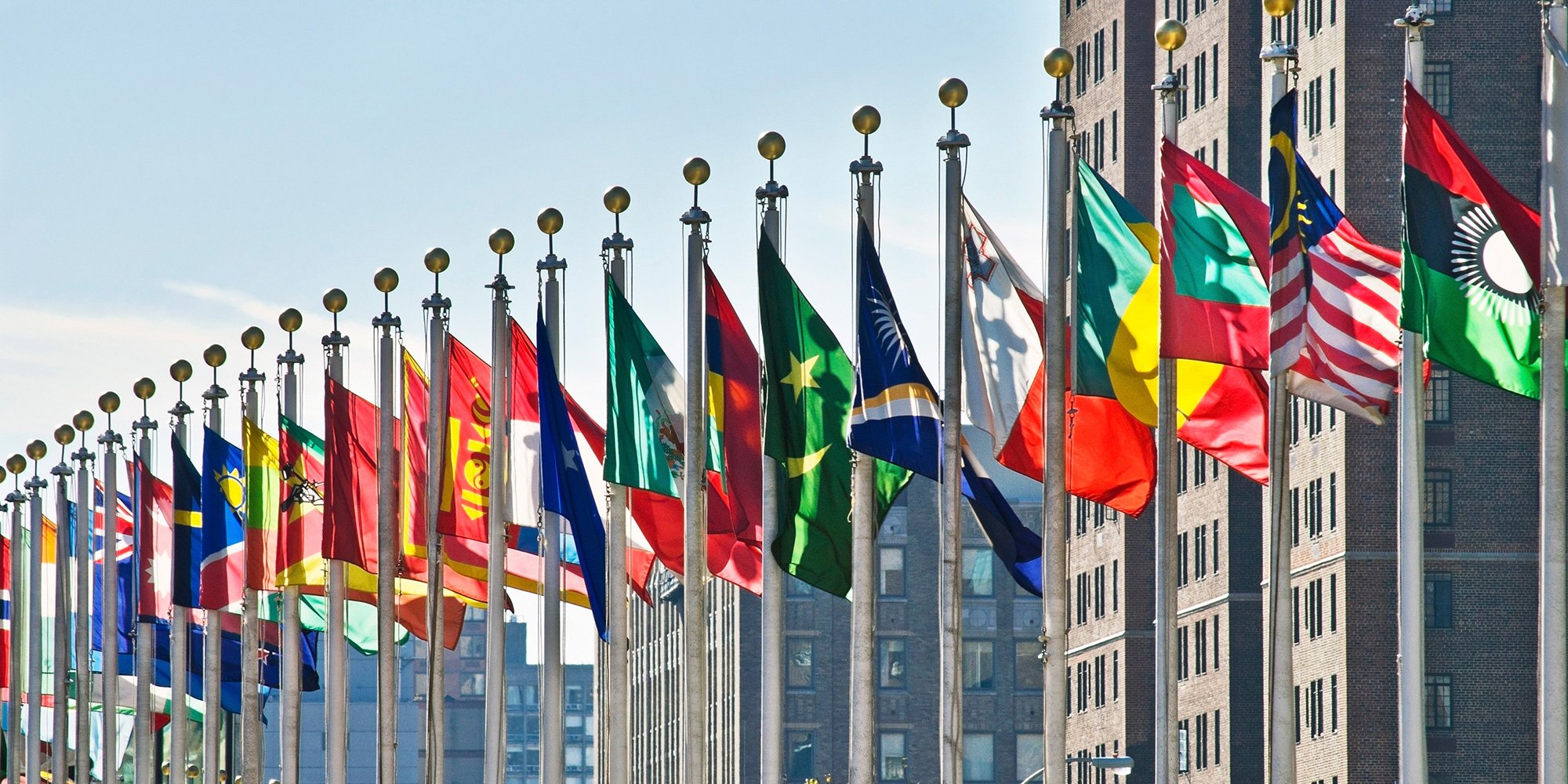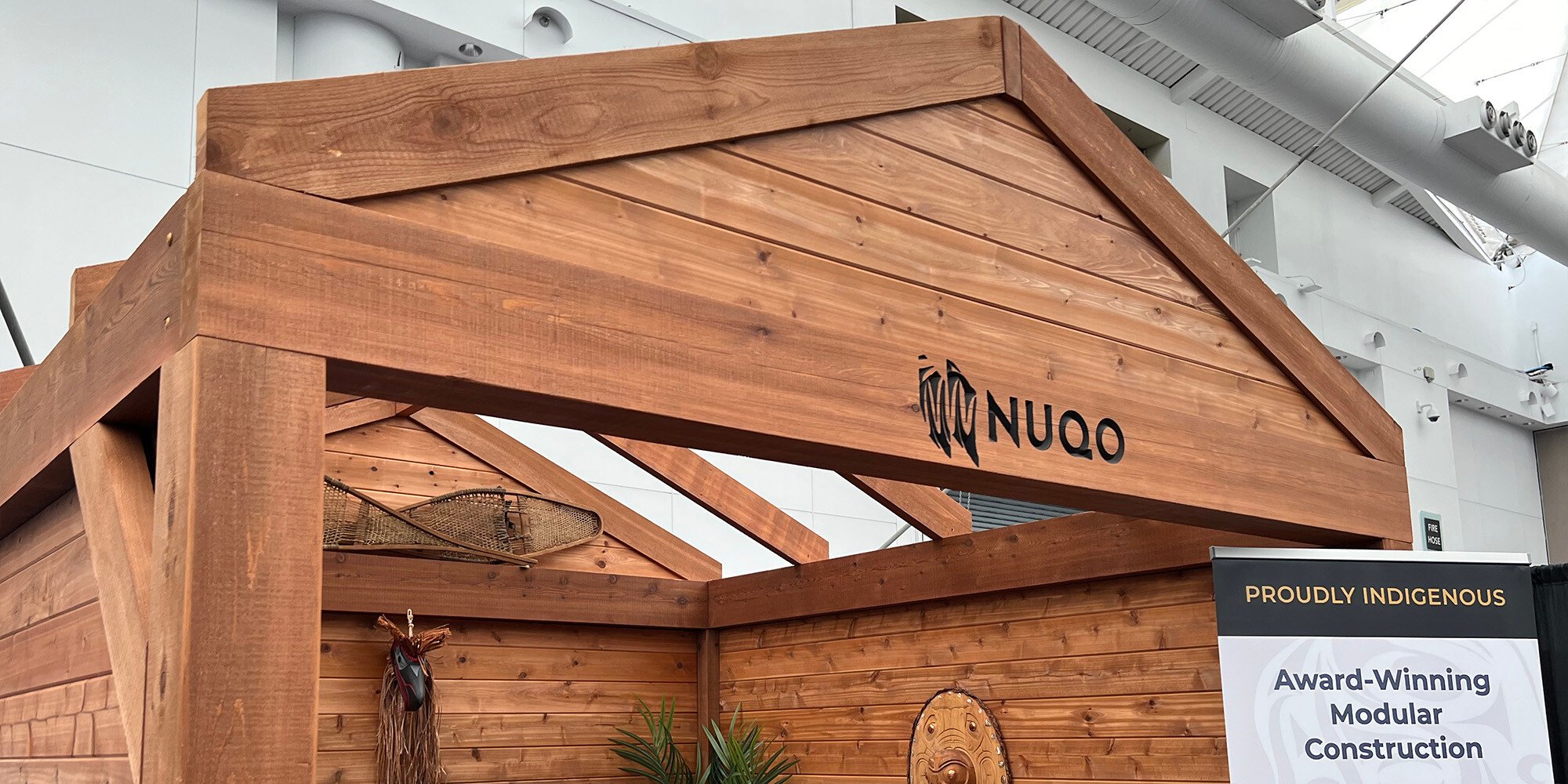The UN Declaration and Consent-Based Consultation
The Government will move forward to introduce legislation to implement the United Nations Declaration on the Rights of Indigenous Peoples before the...
3 min read
Bob Joseph March 11, 2020

As providers of a suite of Indigenous relations training, we are frequently asked if we offer “blanket exercises.” The short answer is “no, we don’t.”
The longer answer is we don’t provide blanket exercises because the courses we develop and deliver provide the knowledge, skills, and attitude or competency-based training that changes attitudes and behaviours and equips non-Indigenous Canadians to have respectful relationships with Indigenous Peoples.
Some considerations for not doing blanket exercises include the idea that the exercises do not necessarily provide the skills-based training included in so many of the calls to action of the Truth and Reconciliation Commission (TRC). It’s one thing to know about the historical and ongoing impacts of colonization but it is quite another to become equipped with the skills to incorporate that knowledge and have it impact day-to-day interactions with Indigenous Peoples. Many of the TRC’s calls to action include “skills-based training.”
#92 Business and Reconciliation
iii. Provide education for management and staff on the history of Aboriginal peoples, including the history and legacy of residential schools, the United Nations Declaration on the Rights of Indigenous Peoples, Treaties and Aboriginal rights, Indigenous law, and Aboriginal–Crown relations. This will require skills-based training in intercultural competency, conflict resolution, human rights, and anti-racism. [emphasis added]
Talking about colonization is not enough and is not going to effectively contribute to changing attitudes and behaviours.
A reconciliation framework is one in which Canada’s political and legal systems, educational and religious institutions, the corporate sector and civic society function in ways that are consistent with the principles set out in the United Nations Declaration on the Rights of Indigenous Peoples, which Canada has endorsed. Together, Canadians must do more than just talk about reconciliation; we must learn how to practise reconciliation in our everyday lives—within ourselves and our families, and in our communities, governments, places of worship, schools, and workplaces. To do so constructively, Canadians must remain committed to the ongoing work of establishing and maintaining respectful relationships. [emphasis added] [1]
Here’s an example of how skills-based training equips people to practise reconciliation: The question of how to respectfully respond to questions about residential schools is frequently raised in our Indigenous Awareness and Working Effectively with Indigenous Peoples® courses.
Our response is: If someone raises residential school issues with you, listen carefully and respectfully.
Don’t get defensive and don’t take it personally - and definitely don’t absolve yourself of personal responsibility by saying something like “I wasn’t there, or I had nothing to do with it."
Instead, be prepared to acknowledge it by saying something along the lines of, “Thanks for sharing your experiences of residential schools and their impact on you personally, on your family, and on the community. It helps me understand the impact and shows me the importance of the formal apology, baseline compensation, and the Truth and Reconciliation Commission recommendations. I’m hoping that my interactions with Indigenous Peoples or work with Indigenous communities will somehow contribute to reconciliation.”
There is much in the history of Canada’s relationship with Indigenous Peoples that can generate feelings of guilt and shame. Coming to grips with that history can be an emotional experience, that if not handled effectively, can inhibit people from asking questions that arise on their learning journey. It’s our goal as trainers to provide an environment for learners to feel comfortable enough to ask awkward or difficult questions about historical or current issues without fear of feeling shame or embarrassment.
Takeaways from our skills-based training:
Reconciliation is learning the truth about the past and moving forward respectfully and constructively together to a better place for everyone.
[1] The Truth and Reconciliation Commission of Canada, Final Report of the Truth and Reconciliation Commission of Canada, Volume 1: Summary p 21
Featured photo: Unsplash

The Government will move forward to introduce legislation to implement the United Nations Declaration on the Rights of Indigenous Peoples before the...

In 2025, it will be a decade since the release of the Truth and Reconciliation Commission (TRC) Summary Report (June 2015) on the horrific...

In an earlier article, we took a look at why companies should protect their Indigenous relations strategy in a recession. In this article, we offer a...